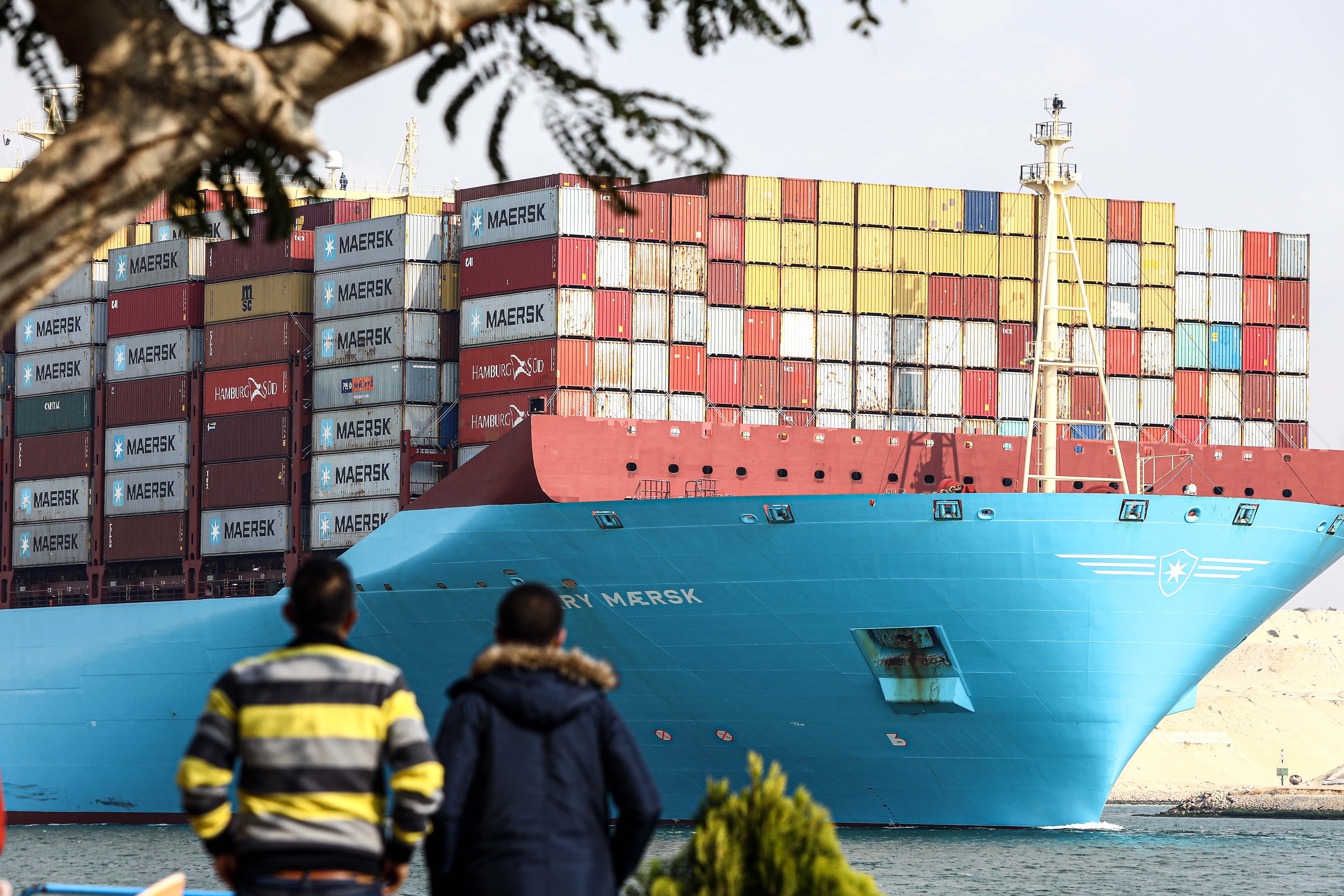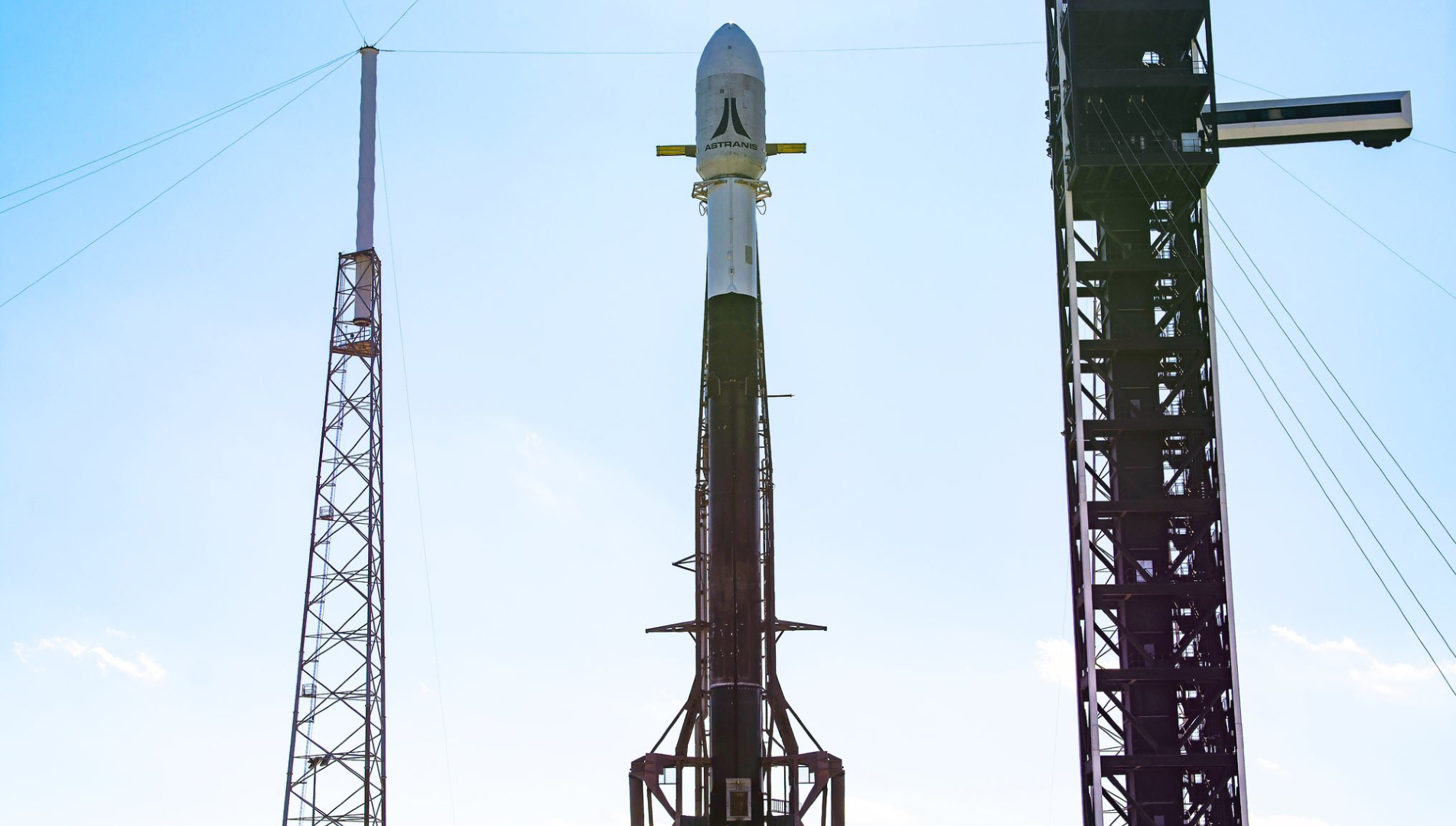According to the latest economic outlook from the OECD, the ongoing tensions in the Red Sea could result in a 0.4 percentage point increase in overall price inflation over the course of a year. The conflict in the region has led major shipping companies to reroute their vessels away from Egypt’s Suez Canal, choosing to take the longer Cape of Good Hope route, which has extended journey times by 30-50% and decreased global capacity. While the shipping industry’s excess capacity from last year may help alleviate cost pressures, there are still concerns about the potential for sustained inflationary impacts resulting from the ongoing crisis.
The chief economist at the OECD, Clare Lombardelli, indicated that the organization is closely monitoring the situation, acknowledging the recent rise in shipping prices and the potential for this to affect consumer price inflation. However, at the moment, the OECD does not anticipate a significant and lasting impact on inflation. Tiemen Meester, chief operating officer at logistics firm DP World, highlighted the challenges faced in European imports due to significant delays in cargo delivery, resulting in higher costs in the network. However, he described the situation as a “short-term problem,” with the networks having adjusted to ensure cargo flow despite the increased time required.
Lombardelli also pointed out that there has been positive data showing consistent decreases in inflation among OECD member countries in recent months, which will help support real incomes and consumption. The OECD’s latest economic outlook increased its growth forecast for the U.S. by 0.6 percentage points to 2.1% for this year, while lowering the euro zone outlook by 0.3 percentage points to 0.6% and keeping the U.K. outlook at 0.7%.
The U.S. has seen positive developments in terms of inflation decrease and strong growth, which should support consumption growth and real incomes. On the other hand, Europe has faced challenges due to an energy price shock, inflation impact on real incomes and consumption, and tighter monetary policy. Looking ahead, the OECD expects an increased drag on growth from an aging workforce in the medium-term. Despite this, the organization believes that the European Central Bank could potentially cut interest rates in the second half of the year if current trends persist.
OECD warns of potentially higher inflation due to Red Sea tensions












/cdn.vox-cdn.com/uploads/chorus_asset/file/23318437/akrales_220309_4977_0292.jpg)


